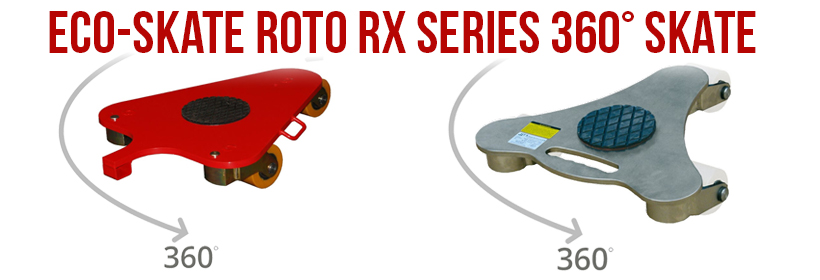
What is a machine dolly anyway? The dictionary defines it as a low cart or truck that has small wheels affixed to it. It usually has no power source of its own, relying on manual pulling or pushing, or is attached to a truck or other form of motorized vehicle. Its purpose is to move heavy loads which are unable to be easily transported by hand.
Nobody knows exactly why it’s called a ‘dolly’, but it’s possible it became an informal version of the word ‘trolley’. This word is derived from 19th century English, where the verb ‘troll’ meant to roll! Regardless of its origins, there’s no doubt that load moving dollies are worth their weight in gold in environments where there’s heavy shifting to be done but other forms of lifting equipment are not appropriate. So what should you look for when choosing machine moving dollies for your place of work? Well, there are a whole host of great features available from good suppliers. This post details just a few of the basics. Firstly, make sure the casters that are fitted are capable of rotating a full 360o. This offers maneuverability to the highest degree, allowing greater flexibility in areas where space is limited or awkwardly shaped. Next, find a unit that includes a built-in carrying handle as standard. This enables operatives to drag or push the load without having to exert weight on the load itself. Depending on the type of loads you are moving, you may also want to look for a wider handle than standard, as this will allow two people to share the weight.
Are the sizes of your loads ever likely to be so heavy that they require machinery to be used in shifting them? If so, then choosing carefully with this in mind will also allow you to select a handle that’s suitable for having chains or other pulling equipment attached. It goes without saying that you should always check the weight of the loads you’ll be lifting, and make sure the machine dolly you buy is fit for purpose in this respect. Finally for this post, you may see mention of nickel wheels. These are an important feature if the dolly lifter is to be used in clean rooms or within the food industry. But why nickel? In short, it’s highly suitable for these types of environments because it’s very resistant to corrosion. Corrosion is a great risk in rooms where chemicals are frequently used, for instance, or where even foodstuffs can be highly acidic. Severely corroded handling equipment increases the chances of contamination of food and other substances and becomes a haven for bacteria growth. Moreover, nickel is a highly durable metal that resists erosion and abrasion better than many other materials that might be used for castor wheels on machine skates and the like, for example polyurethane.
Hopefully, this post has given you a head start on what to look for if you’re thinking to buy a machine dolly for your place of work. And why wouldn’t you? They are versatile, sturdy and even have a long history behind them!

